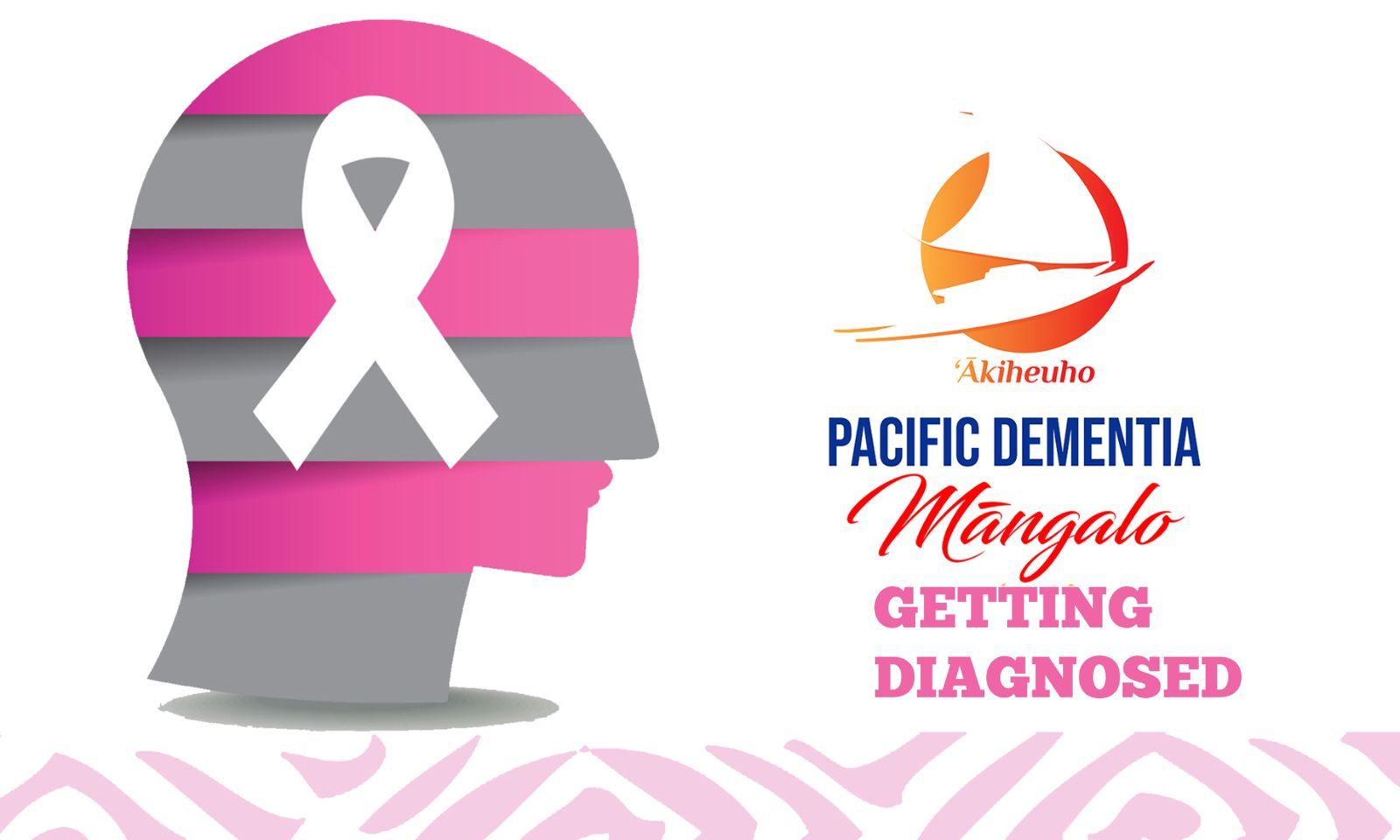

Dr ‘Etuini Ma’u.
Photo/YouTube - The Kudos Science Trust
Pacific, Māori dementia linked to social disadvantage, not ethnicity - report
New research from the Public Health Communications Centre has revealed high rates of dementia in NZ, and more so for Pacific and Māori.



Inked across lands: How Pacific tattoo art is thriving in Germany

US funding cuts threaten to 'dry up' future of Pacific scientists - expert



Inked across lands: How Pacific tattoo art is thriving in Germany

US funding cuts threaten to 'dry up' future of Pacific scientists - expert
New research has found social disadvantage is a major contributor to dementia, meaning the risk for Pacific and Māori in New Zealand is higher than others.
The latest briefing from the Public Health Communications Centre revealed the risk of developing dementia in Aotearoa is 60 per cent higher for those living in deprived areas compared to those in the least deprived.
Speaking to William Terite on Pacific Mornings, Dr 'Etuini Ma'u said they worked with researchers from the United Kingdom's Lancet Commission, who found that 45 per cent of dementia could be prevented globally by targeting 14 risk factors.
These risk factors include less education in early life, obesity, diabetes, depression in a person's midlife, and social isolation in later life.
"Things that are either causing damage to your brain or things that protect against it," Ma'u said.
"The risk is even higher in New Zealand and even higher again in Māori and Pacific populations because those risk factors and their rates are so much higher in our communities.
"What we've shown is it's being driven by poverty, social disadvantage, and if we can target those things, we will be at a much better place as a community to fight surging rates of dementia."
Ma'u said the research also highlighted that there were no inherent dementia risks in being Pacific or Māori but that the social disadvantages that afflict those communities were central.
Watch the full interview via 531pi's FB below:
He said dementia commonly showed in elderly people, from 60 years old onward, and that the cumulative changes in a person's brain that lead to dementia would start in their 30s and 40s.
Ma'u said there were two ways of resolving this high rate of dementia, one being an analysis of individuals at high risk.
"People that have diabetes, high blood pressure, untreated depression or need help with hearing and vision."
Pacific peoples are one of the major groups leading figures around diabetes, high blood pressure, poor mental health, and inhabiting deprived areas.
Ma'u said this also related to various research that showed vaping, takeaway, and alcohol outlets were much more prevalent in high-deprivation areas.
He also referenced what the late Fa'anānā Efeso Collins once said: "It's hard to be poor, it's expensive to be poor, and moreover, public discourse is making it socially unacceptable to be poor."

Photo /Pacific Dementia Māngalo
'Change the environment people are living in'
Ma'u said people can help prevent dementia by following the notion that "anything that's good for your heart is good for your head".
He said a good mix of heart-boosting activities such as exercise, alongside keeping the brain sharp through social interaction, can help a person better withstand the development of dementia.
However, Ma'u also said a broader reduction in dementia across the whole community requires a wider approach to communities through policy and legislation which could target some of the drivers of the disease.
"Change the environment that people are living in so that it's easier to live a healthier lifestyle.
"What we really need is the government and local councils to think about what they can do to make our communities healthier and help us lead healthier lifestyles.
"A lot of these risk factors will be mitigated by treating poverty, by getting rid of social disadvantage - we know that if we get these risk factors treated and reduce them, it's not just dementia that will benefit, everyone's health will benefit and the cost to the health system will be lower."
Click here for more information on catching signs of dementia early.